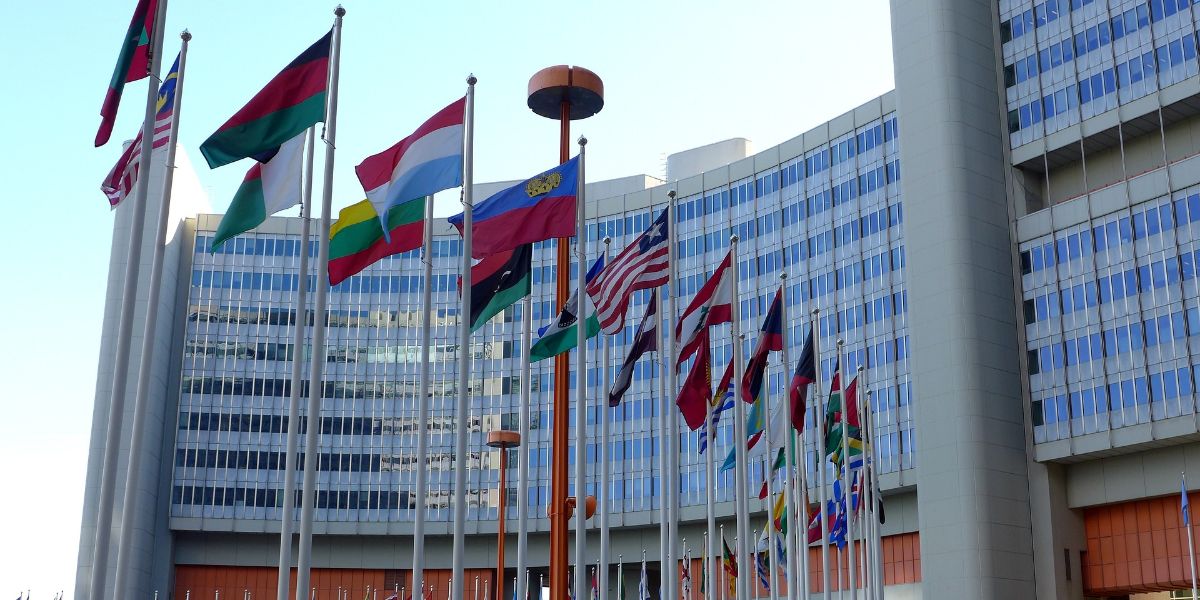On 19 October 2021 the discussions of the UN Tax Committee covered issues around the role of taxation in achieving the sustainable development goals (SDGs).
The work of the UN Committee can help countries to achieve their commitments related to taxation as a source of domestic resource mobilization, in the context of the 2030 Agenda for Sustainable Development and the Addis Agenda.
Taxation policy can help to achieve the SDGs both in terms of effective domestic resource mobilization to raise finance to support development, and by reducing inequalities. Work that can support the achievement of the SDGs includes consideration of taxation of the digitalized economy and the work on tax exemptions for government-to-government aid. Inequality, including tax measures to address gender inequality, can be seen as a priority area. Further relevant issues are taxation and environmental protection and taxation of the informal economy
Guidance from the UN Tax Committee is a basis for discussions at the annual ECOSOC Special Meeting on international cooperation in tax matters. That meeting aims to promote intergovernmental discussion on tax matters to support the implementation of the 2030 Agenda and the Addis Agenda, engaging the UN Member States and members of UN Tax Committee in addition to international and regional organizations and experts from academia, civil society and the private sector. This meeting has considered issues surrounding tax and the SDGs including inequality, environmental tax and health taxes. Other important issues discussed from a developing country point of view have included taxation of the digitalized economy and the taxation of government-to-government aid.
Much of the UN Tax Committee’s previous work has been relevant to efforts to achieve the SDGs. The Handbook on Carbon Taxation contributes to environmental-related goals, which are relevant for developing countries. The progress made in relation to the taxation of the digitalized economy can help developing countries collect the tax revenue required to support sustainable development. The Handbook on Taxation of the Extractive Industries provides guidance enabling countries to formulate policy on responsible consumption and production patterns and to achieve environmental goals.
Some further relevant issues that have not yet been fully addressed by the work of the UN Committee, but could be developed further, include wealth tax, health taxes and tax measures to address climate change and other environmental issues. Other relevant issues include reduction of harmful tax incentives and subsidies; and how to bring the informal sector into the formal economy.
The UN Committee can continue to discuss issues around tax and the SDGs during its sessions and regularly establish priorities for the technical work to be undertaken. Consultations can continue with stakeholders such as international and regional organizations, civil society, academia and the private sector. A public consultation process could call for feedback on which issues related to tax and the SDGS are priorities for developing countries.













